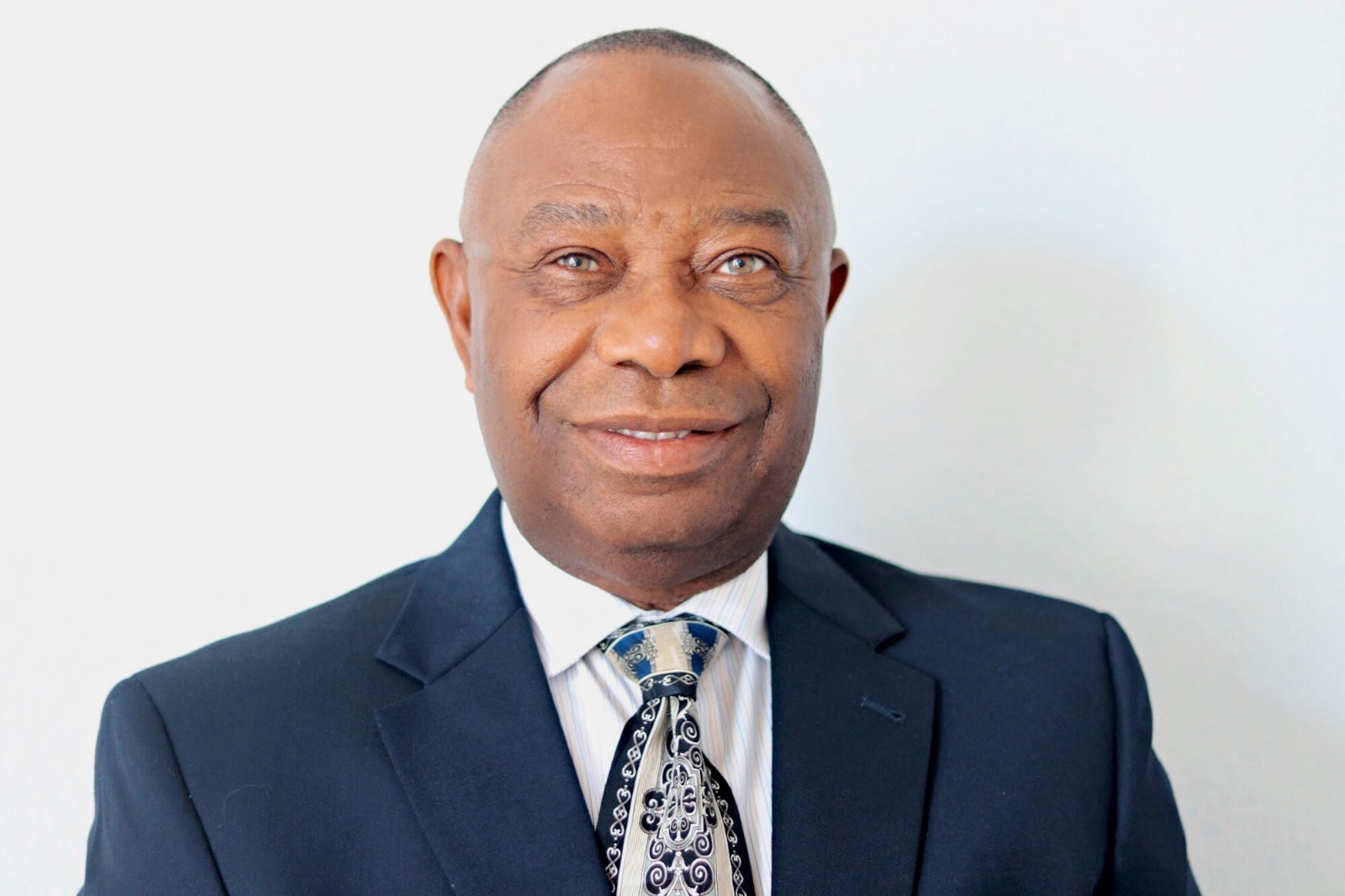Niger: Global Concerns Mount as President Tinubu’s Request Raises Ethical Questions
The recent decision by the Economic Community of West African States (ECOWAS) to consider the possibility of military intervention in Niger, reportedly at the request of President Bola Ahmed Tinubu, has reverberated throughout the international community.
This move, ostensibly aimed at “Restoring Democracy,” has ignited a global dialogue on the intricate relationship between democracy and the use of force.
Global concerns have escalated as prominent organizations, including Amnesty International and the Arewa Consultative Forum (ACF), express profound reservations about the potential consequences of ECOWAS’s military intervention plan.
This chorus of concern underscores the world’s commitment to safeguarding democratic principles, human rights, and the sovereignty of nations.
In a statement by the Executive Director of International Missions Outreach Inc, Emmanuel Ihim Esq, and made available to Excel Magazine International, the activist argued that this strategy presents a paradox, as the use of “force” to establish “democracy” appears inherently contradictory.
“The complexity intensifies as we contemplate the roles that Western powers and the United Nations might play in this intricate situation. The overarching sentiment is that President Tinubu must reflect on his assumed influence over ECOWAS and contemplate the far-reaching repercussions of propelling West Africa into a face-off with Niger,” he said.
“Various esteemed entities and individuals, including Amnesty International, the Arewa Consultative Forum (ACF), and others, are voicing deep concern over the potential escalation of violence stemming from ECOWAS’s present course.
“While the objective of reinstating democracy in Niger is laudable, the means to achieve it must conform to both human rights standards and international law. The annals of history are replete with instances where military interventions, although well-intended, have wrought havoc on civilian lives and trampled upon constitutional rights.
“The path that ECOWAS proposes—a military intervention to reestablish democracy—must be steeped in international legal principles, guided by a clear moral compass, and accompanied by transparent practices.
“Moreover, it should garner the authentic support of the Nigerien, Nigerians people, and other citizens of ECOWAS countries. Only by meeting these criteria can the course of action overcome its inherent contradictions and risks, earning the confidence necessary to outweigh the potential negative consequences that may ensue.”










